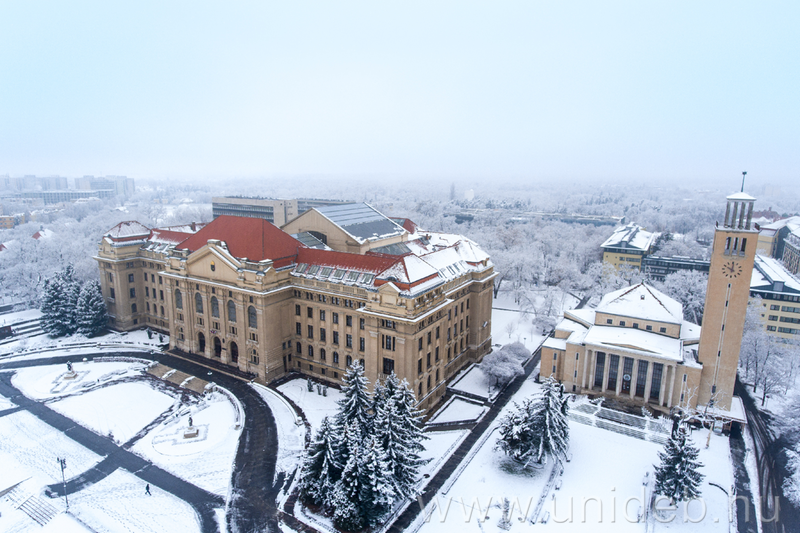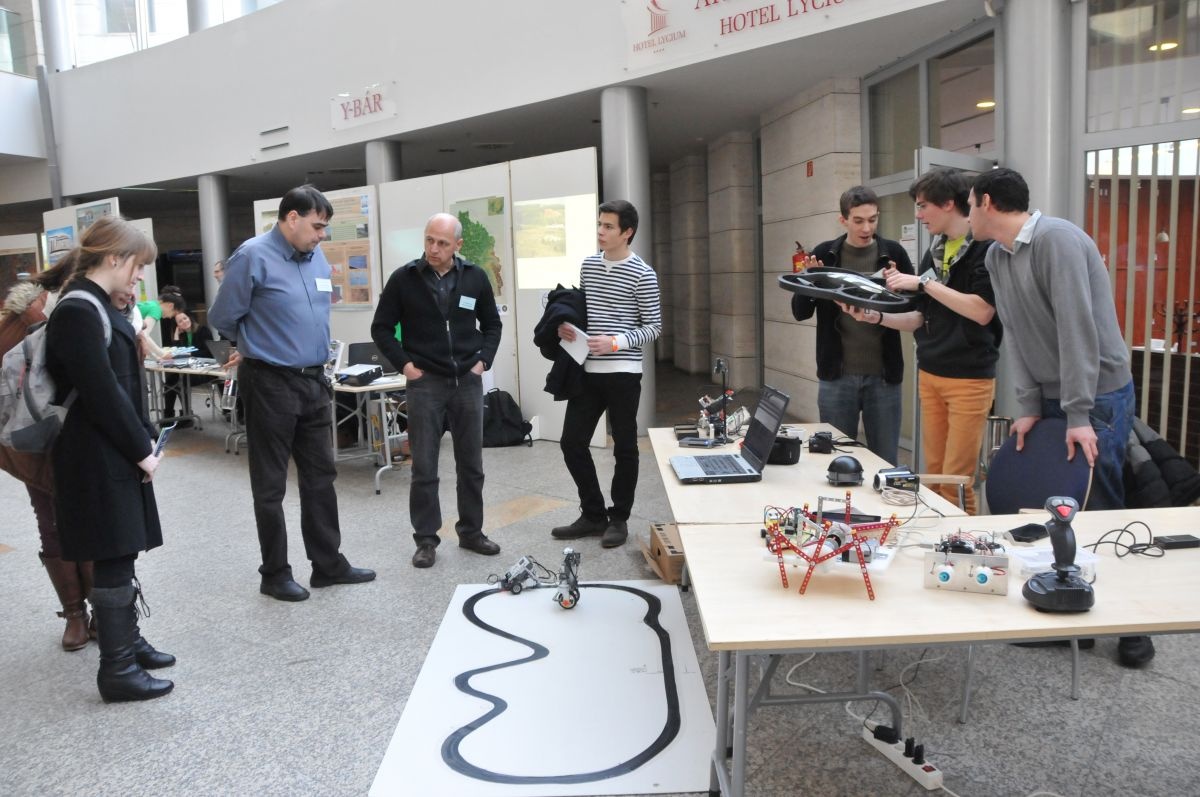For many, Christmas feels truly magical when there’s snow. In recent years, residents of Hungary have not been spoiled with snowy holidays, and they still cannot be certain what weather awaits them this season.
A specialist from the University of Debrecen shared insights on what to expect.
Nowadays, it’s no longer worth relying on traditional weather predictions based on folk observations to determine what the weather might be like during the holidays.
“Folk weather sayings like ‘If Catherine knocks, Christmas drips’ are no longer entirely reliable due to climate change, so it’s not worth basing expectations on them,” explained István Lázár, an adjunct professor at the Department of Meteorology, Faculty of Science and Technology, University of Debrecen, in an interview with hirek.unideb.hu.
He added that several facts suggest the likelihood of a white Christmas will steeply decline in the future.
“If we consider the last 120 years, the winter temperature indices show a decreasing trend. The number of freezing days, when the daily minimum temperature is below 0°C, has decreased by 20 over the past 123 years. The number of harsh days (with a minimum temperature below -10°C) has decreased by 8.5, while the number of winter days (with a maximum temperature below 0°C) has dropped by almost 10. Cold days (when the daily minimum temperature is ≤ -5°C) have decreased by almost 13. This represents a clear downward trend.
There will still be snowy periods, but the probability of them occurring will diminish over time. This is mainly due to climate change and global warming, which affects not only winter but also the summer season,” explained Lázár.
However, the fact that winters are becoming milder doesn’t mean we won’t experience cold snaps that bring snowfall and freezing conditions.
“Compared to the pre-industrial period, we are nearing a 1.5°C rise in temperature, which, on a global scale, is significant—especially as this increase is fundamentally amplifying extremes. Over the last forty years, precipitation has slightly increased across almost the entire country, but its spatial and temporal distribution has become, and will remain, highly erratic,” the adjunct professor noted.
He added that even spring and autumn are expected to become milder. The transitional seasons, which 20–25 years ago typically lasted for about three months with minor fluctuations, are no longer likely to do so.
So, what can we expect this Christmas?
It’s hard to predict. According to current knowledge, weather forecasts with meaningful accuracy can only be made about two weeks in advance, depending on meteorological conditions.
“As of now, it looks like we won’t be having snowball fights or sledding this Christmas,” said István Lázár.
(unideb.hu)


















